I Live in
the Slums
BOOKS BY CAN XUE
IN ENGLISH TRANSLATION
I Live in the Slums
Love in the New Millennium
Frontier
Vertical Motion: Stories
The Last Lover
Five Spice Street
Blue Light in the Sky and Other Stories
The Embroidered Shoes: Stories
Old Floating Cloud: Two Novellas
Dialogues in Paradise
I Live in
the Slums
STORIES
CAN XUE
TRANSLATED FROM THE CHINESE BY
KAREN GERNANT AND CHEN ZEPING
YALE UNIVERSITY PRESS  NEW HAVEN & LONDON
NEW HAVEN & LONDON

The Margellos World Republic of Letters is dedicated to making literary works from around the globe available in English through translation. It brings to the English-speaking world the work of leading poets, novelists, essayists, philosophers, and playwrights from Europe, Latin America, Africa, Asia, and the Middle East to
stimulate international discourse and creative exchange.
English translation copyright 2020 by Karen Gernant and Chen Zeping unless otherwise indicated on the credits page.
Most of the stories in this book were originally published in Chinese. For details
of original and first Chinese publications, see the credits page.
The credits page constitutes a continuation of the copyright page.
All rights reserved.
This book may not be reproduced, in whole or in part, including illustrations, in any form (beyond that copying permitted by Sections 107 and 108 of the U.S. Copyright Law and except by reviewers for the public press), without written permission from
the publishers.
Yale University Press books may be purchased in quantity for educational, business,
or promotional use. For information, please e-mail (U.S. office)
or (U.K. office).
Set in Electra and Nobel types by Tseng Information Systems, Inc.
Printed in the United States of America.
Library of Congress Control Number: 2019950943
ISBN 978-0-300-24743-5 (hardcover : alk. paper)
A catalogue record for this book is available from the British Library.
This paper meets the requirements of ANSI/NISO Z39.48-1992 (Permanence of Paper).
10 9 8 7 6 5 4 3 2 1
Contents
I Live in
the Slums
STORY OF THE SLUMS
Part One
I live in the slums. I didnt settle firmly on one place to live. I could stay anywhere as long as it had a stove. This area produces coal: all the homes used coal to keep fires burning at night. I just lay in a corner of the kitchen stove to keep warm. I was afraid of the cold at night.
At the bottom of the steps was a large expanse of lowlands. The slums were in this low-lying land. It was torture for people to live here. Even children were disturbed at nightso much that they couldnt sleep. They would cry out in fear, spring out of bed, and run out the door barefoot. They would run and run in these confined alleys, because if they stopped, theyd be frozen stiff. Their parents had to wait until daylight to go out and bring them back. These parents were all skinny and very dark. One could see only the two whites of the eyes swiveling in their faces. I observed that they seldom slept at night; they just lay in bed and dozed. And even though they were only dozing, they dreamed a lot. Not only did husband and wife converse in dreams, neighbors also conversed through the flimsy walls woven of thin bamboo strips. From what I overheard, I was sure they were dreaming. Sometimes they argued in dreams, or fought, but they didnt come into physical contact with each other. They brandished their fists in the air.
I forgot to comment on the houses. The houses were rowhouses, attached to one another. Was it out of fear that these people built their houses this way? As I saw it, one could live in any of these homes and actually be living with everyone. Each home had a main entrance, but there werent many windows in the rooms inside, and the windows were small and dark. In the winter, I couldnt quite remember which homes had stoves and which didnt. If I made a mistake and entered a home without a stove, the children in that home would pull on my feet and refuse to let me leave. I would struggle so hard to break loose that the skin on my feet would be scraped. The families without stoves probably ate their food raw, and thats why they were so wild.
I got acquainted with the house mice during the daytime. During the day, the houses were much lighter than at night. Hearing something gnawing bones, I thought it was the cat. I jumped down from the hearth and ran over to have a look. Ah, it wasnt the cat; it was a house mousetwice as large as ordinary house mice. Damn, it was chewing the old mans heel! I saw the white bones, but no blood. The house mouse was excited, chewing loudlykakakaas if nibbling the worlds most delicious bones. I knew this old man well. He was raising two pigs behind the house. The pigs were squealing with hunger in their pen. Could he have died? I circled around to take a look at him in bed. He hadnt died. He was fiddling with his glasses. He generally sat in the doorway wearing these glasses and looking at the design on a piece of paper that he held up to his face. He looked at it for a very long time. If his heels had been gnawed off, how could he go out and feed the pigs? At last the house mouse ate its fill and turned around. He gave me a slight nod of his head, and at the same time his protruding tummy hit the floor with a thump. I was very curious, wondering how he could still burrow into a hole. This room didnt have such a big hole, and the house mouse didnt burrow into any hole. Instead, it lazily circled the room once, as though in pain from overeating. When I thought of what he ate, I wanted to throw up. After circling the room, he felt sleepy from his meal and dozed along the wall. He paid no attention to me.
The old man sat up in bed, about to bandage his heel with a rag. He had prepared the rags earlier for this purpose. He made a lot of noise tearing up cloth. He seemed to be strong. He kept wrapping his foot until it was encased in one large package. The pigs squealed more and more insistently. They were on the verge of leaping out of the pen. He got out of bed and stepped on the floor without putting a shoe on his injured foot. He went outside to feed the pigs. What was this all about? Why did he let the house mouse bite his heel? Was there a tumor in there and he was letting the house mouse perform surgery? What admirable willpower!
When I looked at the house mouse again, I noticed he was even more swollen. Even his legs had thickened. Was this because he had eaten something toxic? He was asleep. I felt oppressed. With a heavy heart, I walked out the door for some air. Winter had passed, and the children playing outside didnt want to go home. Some slept next to the road. Their parents werent worried about them, either, and let them sleep outside as much as they wanted. The children didnt have to do anything, anyhow. Aside from running around, all they did was sleep. Some probably couldnt even distinguish between day and night. And they didnt care. They cared about only one thing: the arrival of the wheelbarrows. Wheels creaking, the wheelbarrows carrying food passed through from small alleys. The children ran up, each one leaping onto a wheelbarrowsitting with high and mighty expressions on top of the flour. The wheelbarrow operators from other provinces smiled a little and didnt shoo the children away. People said they came from the icy, snowy plains. When they unloaded the flour, the children ran off. The frowning adults opened their doors and feigned lack of interest in the food. Whats the weather like in the north? they asked the men pushing the wheelbarrows. Therell be one more cold snap.
Next page

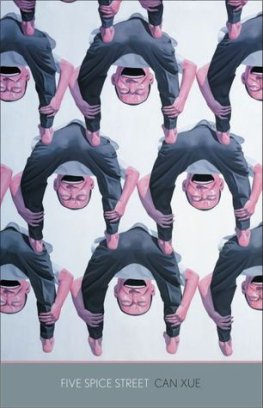
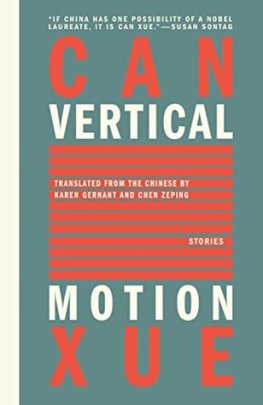
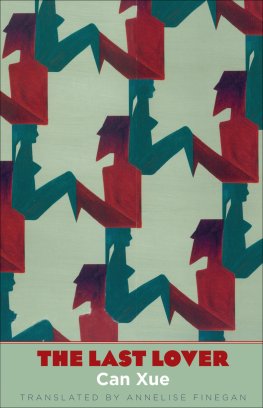
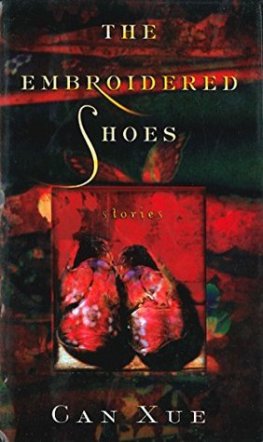
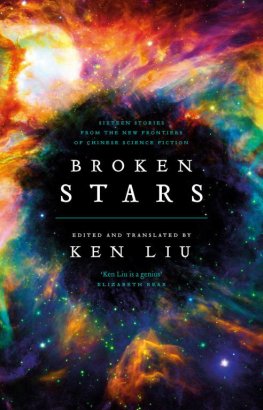
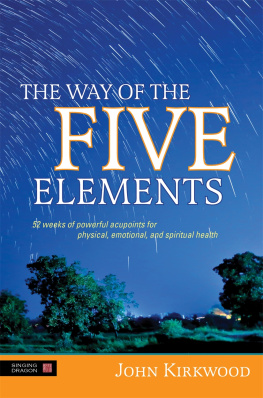
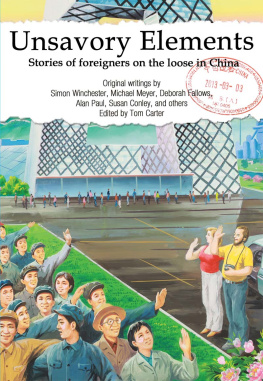
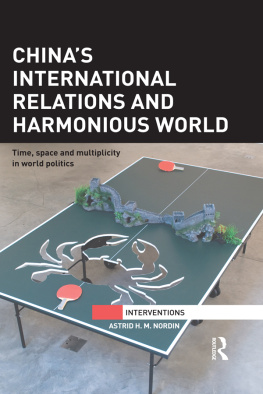
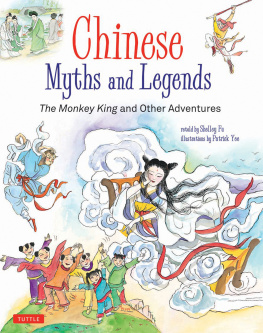
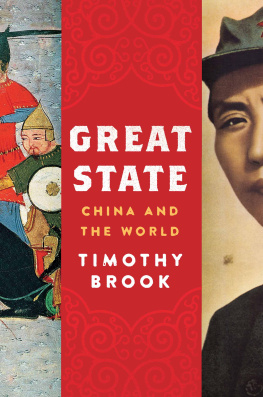
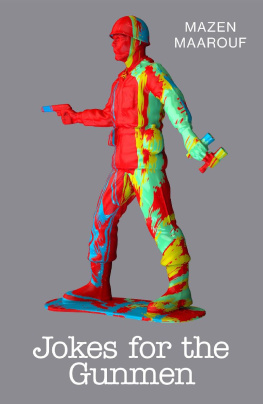

 NEW HAVEN & LONDON
NEW HAVEN & LONDON